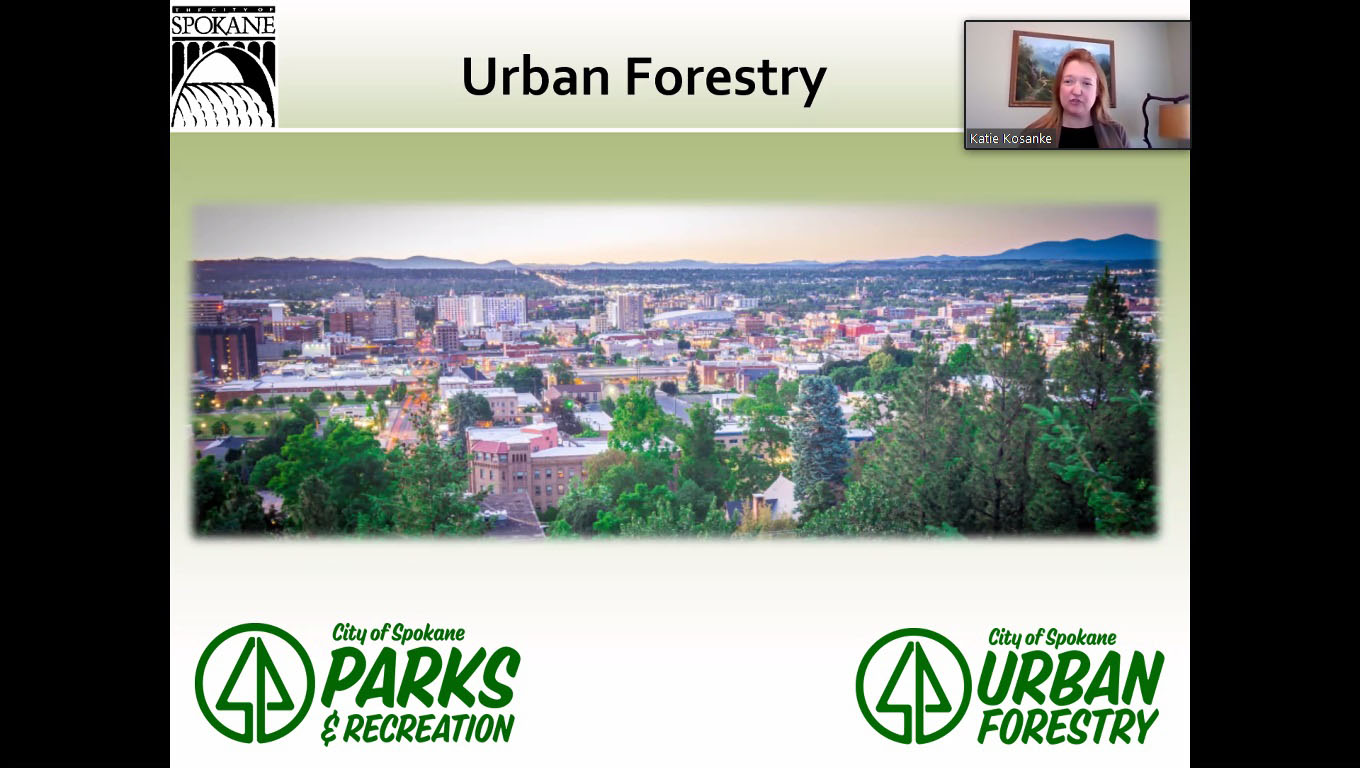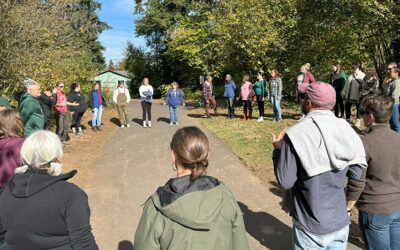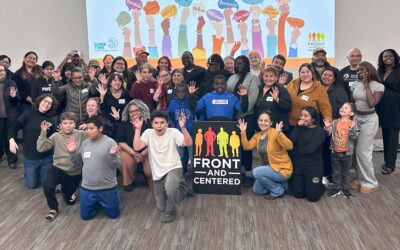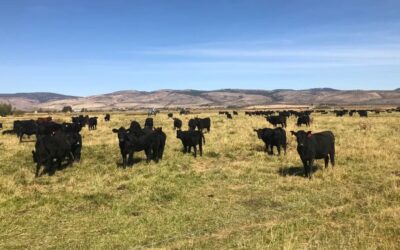During the months of March and April 2021, 10 educators from across Washington joined Pacific Education Institute staff and faculty online to write Solutions Oriented Learning Storylines on the topic of urban forestry. The goal was to create developmentally appropriate climate science storylines, focusing on second, fifth, middle and high school Next Generation Science Standards. The new storylines will be shared during implementation workshops in the 2021-2022 school year and published on the OER Commons in Spring 2021.
To frame their thinking, educators had the opportunity to learn about tree communities from Mariana Harvey and Elise Krohn from Tend, Gather, Grow in Olympia, WA. The information Mariana and Elise shared gave writers a new view about the importance of social emotional wellness and trees; they also shared resources from their program. Educators also heard a presentation from Katie Kosanke, Urban Forester for the City of Spokane. Katie framed the benefits of trees in urban spaces, the urban heat island effect and how trees are a solution to climate change. The background information Katie provided to the writing team gave them ideas for locally relevant phenomena, hands-on lessons and activities that led students to calculating greenhouse gas emissions.

Mariana Harvey and Elise Krohn from Tend, Gather, Grow shared about tree communities including the Red Alder.
This storyline workshop viewed urban forestry through the lens of environmental justice, drawdown solutions and instructional best practices — including teacher professional learning, tribal, rural, bilingual/migrant education, and distance learning strategies. Discussions focused on how to connect urban forestry with local questions, problems, issues, and opportunities that will engage students who have historically been under-served in science by integrating subjects around highly relevant content.

Educators and staff worked together to create engaging and solution driven storylines.




